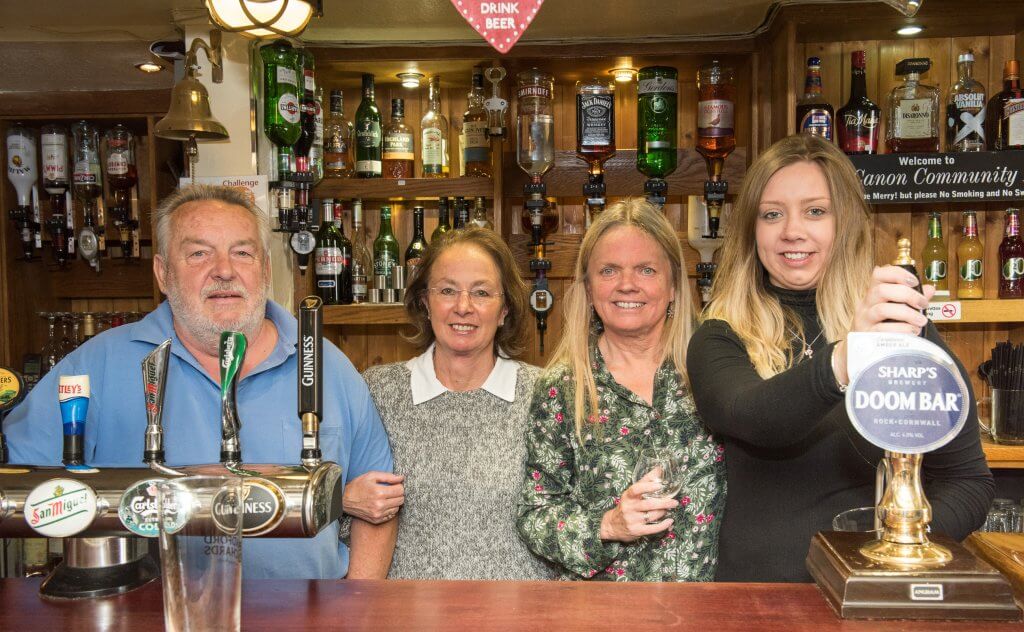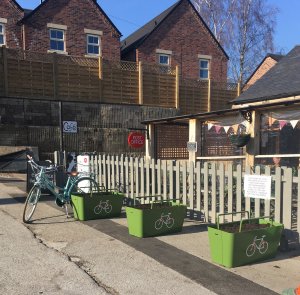Mutual Aid – a Day at HM Treasury
On the 10th July, we were kindly invited by Co-operatives UK to a round table mutual workshop event with the aim of “Creating the conditions for people to form and develop successful, innovative coops and mutuals” hosted by HM Treasury to help feed into British Business Bank policy.
We gathered on a hot day in Westminster at 100 Parliament Street, which also houses HM Revenue and Customs, the Department for Media and Sport and the Department for Exiting the European Union.
With Ed Mayo and James Wright from Co-operatives UK facilitating the event, there were also representatives from HM Treasury, HMRC, the FCA, the PRA, the Building Societies Association, Nationwide and Royal London Insurers. A broad mutual church if you will.
We were invited to contribute to the first two sessions, ‘Can we make it as easy and natural to form a co-operative or mutual as it is a company?’ and ‘Are there tangible ways to improve access to growth capital for co-ops and mutuals?’
It was apparent that there is a lack of awareness, understanding of and good advice for co-ops amongst mainstream business advisors. Co-operative and Community Finance believe there should be properly resourced co-op development bodies that give start-up business advice. A whole network of independent co-op advisors has been lost in the last 30 years, so it is vital to re-establish government and local authority support for financing co-op development.
In terms of mutual incorporation, there have been huge leaps forward brought about by close liaison between Cooperatives UK and the FCA Mutuals section. This has resulted in a new online portal, a far more accessible and free public register and reduced annual fees for societies. The FCA are to be congratulated for this progress.
The discussion turned to how start-up capital can be a barrier to the formation of co-ops. The survival rates for new co-ops according to Cooperatives UK are 80% compared to 44% in non-co-op businesses. As such, exploring start-up loans for the sector that are tailored to co-op formation that come with specialist co-op advice and support was an exciting concept that had support around the table.
It was recognised that community shares have been incredibly successful in crowdfunding start-up capital for community benefit societies, but this is often not possible or the most appropriate route for small new start worker coops. Evidence of what works from the UK and around the world suggests that co-ops can thrive when they also raise equity and debt investment from external sources. Patient capital could be the driver here.
Given the various forms of co-op legal structure, community benefit societies, worker co-ops, employee-owned businesses and mutuals, financially growing and nurturing all of these will take different approaches.
A good start would be to properly resource the co-operative development advisor network and reverse the decline seen in recent decades of high quality and professional co-op business advice.
Couple this with a capital fund for new start co-ops that could sit alongside a patient capital fund that would support both community share vehicles and employee ownership and we have CCF’s coop support wishlist for the British Business Bank!
John Glen, Economic Secretary to the Treasury did make himself available at the end of the session to reiterate his genuine desire to make the most of his brief for co-ops and mutuals. Watch this space!










